|
Earlier this week, Nobel laureate Donna Strickland wrote a piece for us about why we should all take an interest in fundamental science. “Learning more about science — science for science’s sake — is worth supporting,” she wrote.
With that in mind, I present for your weekend reading pleasure a selection of some of my recent favourite picks from the Science files of The Conversation global network.
Have a great weekend and we’ll be back in your Inbox on Monday.
|
Weekend Reads
|
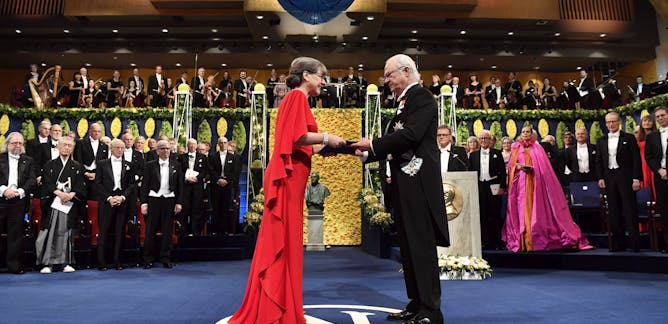
Donna Strickland, University of Waterloo
The winner of the 2018 Nobel Prize in physics says scientists shouldn't feel pressured to do research that has economic or commercial ramifications. Science for the sake of science is more important.
| |
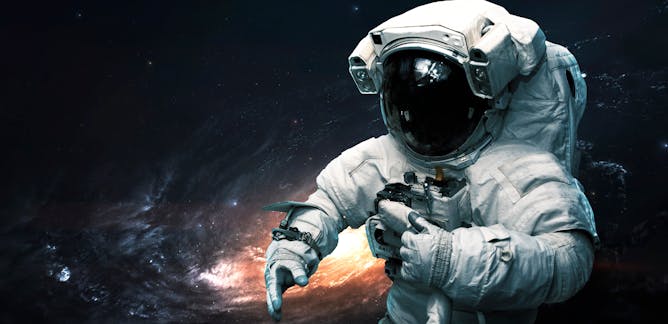
Christine Bear, University of Toronto
Here's what NASA scientists discovered when an astronaut went into space and his twin remained on Earth.
|
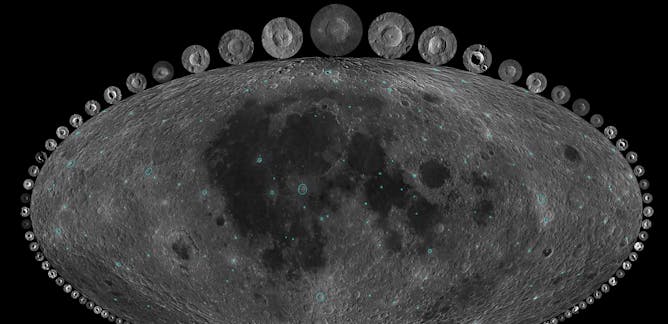
Sara Mazrouei, University of Toronto
New research on craters on the moon sheds light about when and how often the moon and Earth have been bombarded by meteorites.
| |
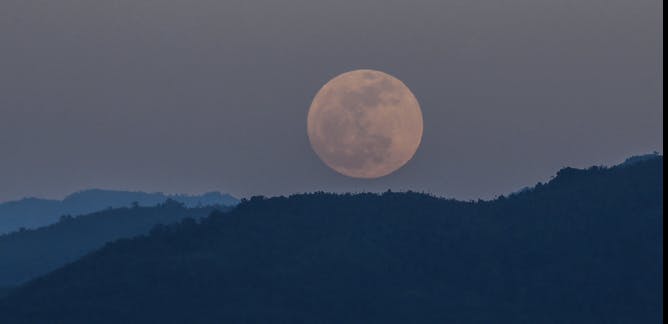
Joshua Chou, University of Technology Sydney
Can China build a lunar base? Absolutely. Can human beings survive on the Moon and other planets for the long term? The answer to that is less clear.
|
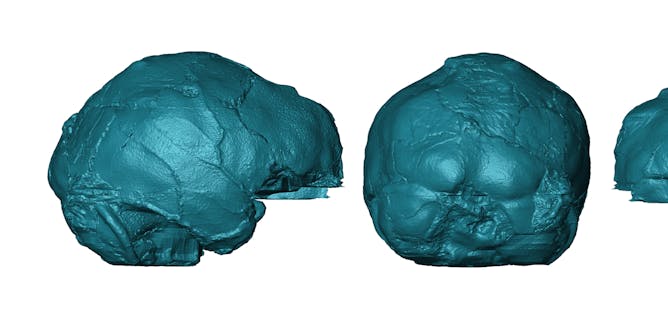
Amélie Beaudet, University of the Witwatersrand
Thanks to hundreds of fossil remains found in Africa studies can explore new scenarios about how our ancestors lived and evolved.
| |

George Farmer, University of Manchester; Paul Warren, University of Manchester
Decades of psychological research suggests humans are rather irrational. But a new approach, borrowing an idea from artificial intelligence, challenges this notion.
|
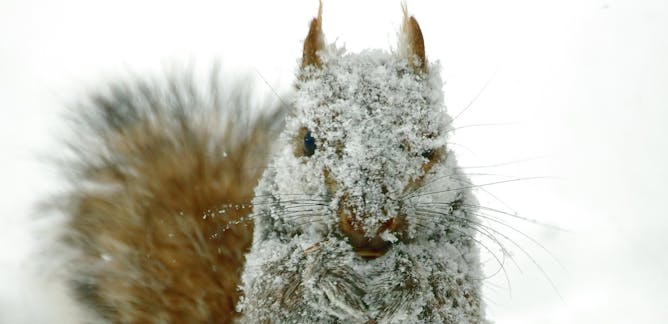
Bridget B. Baker, Wayne State University
When you're warm and cozy inside, it can be natural to wonder if the animals you see outside your window this winter are doing OK. Don't worry – they're doing better out there than you would.
| |
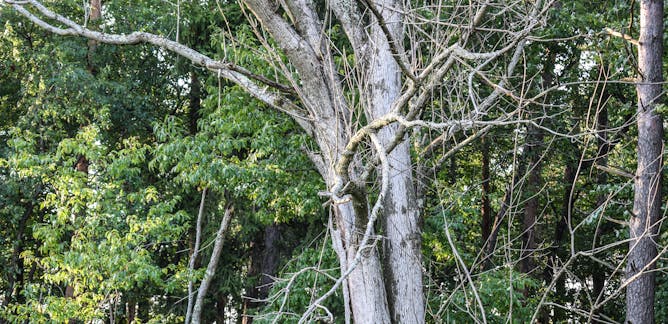
Jason A. Delborne, North Carolina State University
Forests in the US face many threats: climate change, invasive species, pests and pathogens. Could genetically engineering trees make these plants more resilient?
|
|
|